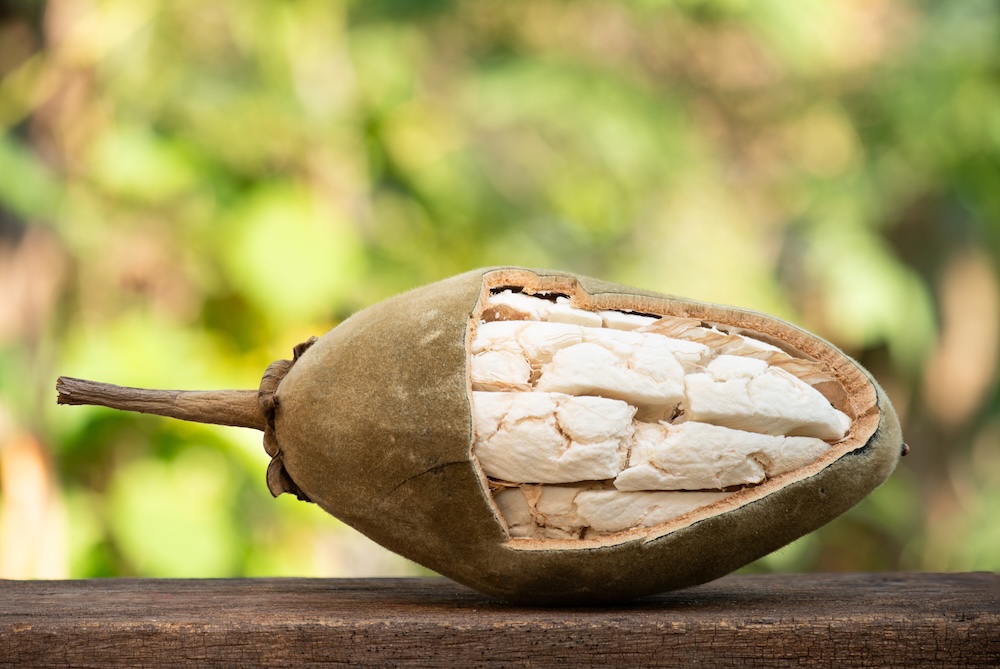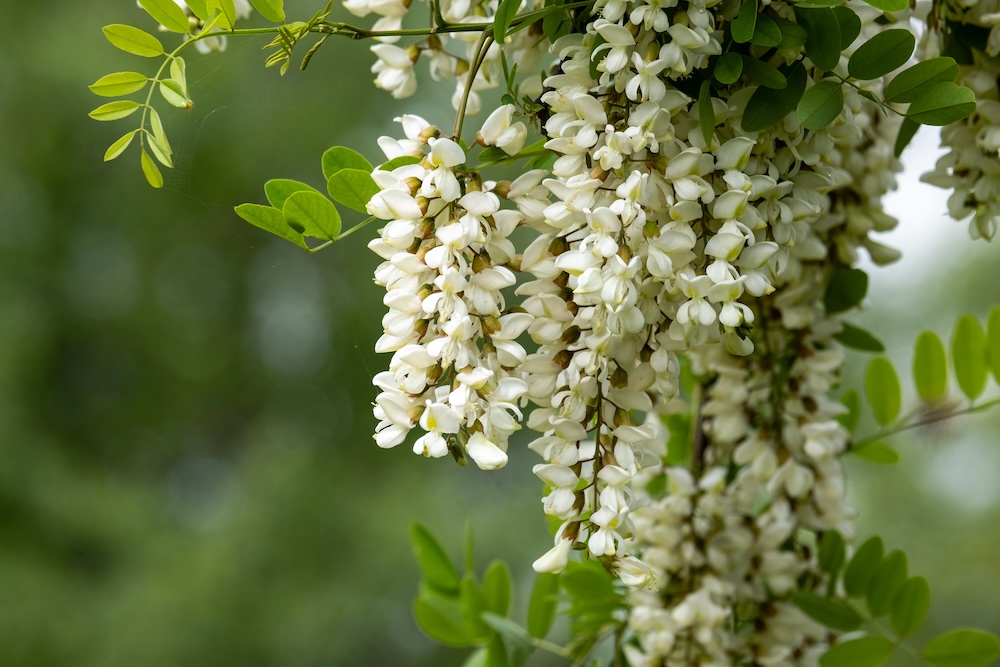Amla
Amla berries are small, green fruits native to India and other parts of Southeast Asia. They have a sharp, tangy flavor and are highly nutritious. One of the most remarkable qualities of the amla berry is its high content of natural vitamin C, making it an ideal ingredient for dietary supplements.
Amla berries, also known as Indian gooseberries (Emblica officinalis or Phyllanthus emblica), are small, round, green fruits native to India and other parts of Southeast Asia. These berries have been valued for thousands of years in traditional Ayurvedic medicine for their exceptional health benefits.
Amla berries naturally contain one of the highest concentrations of vitamin C found in fruit. Just 100 grams of amla can provide up to 600–700 mg of vitamin C, depending on the fruit's quality and freshness. This makes amla a potent and natural source of this essential vitamin. As a result, it is commonly used in supplements for those seeking a concentrated source of vitamin C.
Thanks to its high vitamin C content, amla berries are excellent for supporting the immune system. Vitamin C contributes to normal collagen formation, which supports the healthy functioning of blood vessels. It also acts as an antioxidant, helping protect the body’s cells from external influences. Furthermore, vitamin C supports concentration, enhances iron absorption, and plays a role in bone formation.
Amla is often combined with other natural ingredients to enhance its effectiveness in supplements. The vitamin C in amla is naturally paired with bioflavonoids and tannins, which improve its stability and absorption in the body compared to synthetic forms of vitamin C.
Amla berries are not only effective but also sustainable. The fruits grow on long-living trees that require relatively few resources, making them an environmentally friendly choice for supplement manufacturers.


